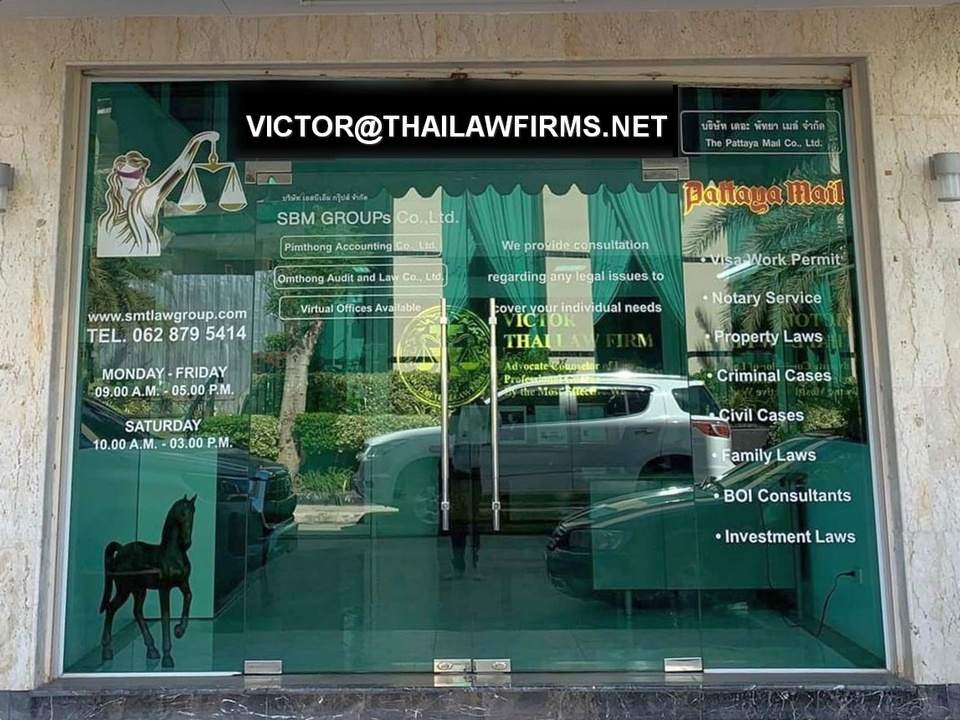
PATTAYA, Thailand – Having talked to many retired expats over the past year or so, I know that their biggest worry is whether they need to obtain a tax identification number and complete a tax form about income remitted to Thailand from abroad in the calendar year 2024. The very prospect of having to deal with a second revenue department – after the first one in their home country – is decidedly not a welcome thought for those who spend 180 days or more here in a calendar year.
There are certainly retirees here who won’t need to pay any Thai personal income tax in 2025. Those who have not transmitted any cash to Thailand in 2024 are clearly free as are those who can prove they have sent only “old” money, that is savings which were in their home country bank accounts not later than December 31 2023. Some foreign inheritances paid in 2024 might be another exempt category as long as the estate has been assessed by the home country revenue department.
Many expats are confused by so-called double taxation treaties and understandably so. There are over 60 such agreements but they differ enormously in scope and detail. The fact of their existence does not automatically mean a person cannot be taxed in two different jurisdictions. I know that some expats have been to their local Thai Revenue Department (TRD) and apparently been told no need to register if they are living on pensions already taxed. But I would caution that many TRD officers don’t have fluency foreign languages which could lead to confusion or misunderstanding.
The main intention of the Thai government is to broaden the tax base with Thai or foreign “residents” but I am sure the main targets are “big fish” such as those dealing in cryptocurrency, untaxed offshore bank accounts and foreign businesses which have escaped tax hitherto. I doubt very much that TRD will target foreign retirees living on already-taxed foreign pensions. Now that Thailand is a member of the international Common Reporting Standard, it will be much easier to identify “big fish” in international banking procedures.
So should the typical retiree expat obtain a tax identification number and fill in a tax form relating to overseas income early next year? If you don’t, I doubt very much that there will be immediate consequences unless you are bringing in large, untaxed sums. On the other hand, you could be asked in later years to justify your self-exemption. There are many unknowns and it could take years for blurry issues to be resolved. For example, whether use of foreign credit cards in Thailand is remitted income or not is still much debated.
If you would like to speak to a Thai tax lawyer without commitment, I am currently offering a free 15 minutes consultation in my office until the end of the year. The idea is to encourage you to review your own personal position prior to making any decisions. I would only add that registration with TRD and the filling in of a tax form does not mean that you will actually pay any Thai taxes on overseas income. Moreover, it is not necessary at the filing stage to submit supporting documentation to TRD. Whatever you decide to do, it’s best to have taken qualified advice beforehand.
Victor Wong
(Peerasan Wongsri)
Financial Analyst and Tax Expert
Tel: 062 879 5414 Email: victorlawpattaya@gmail.com
Location: Victor Law Office

Related reports:
Pattaya lawyer homes in on expat concerns
New tax rules for foreign-sourced income
The emerging scenarios: Thai expats and income tax
Navigating Foreign Pension Income Tax for Expatriates in Thailand
New revenue department rulings clarify overseas income concerns for expats










